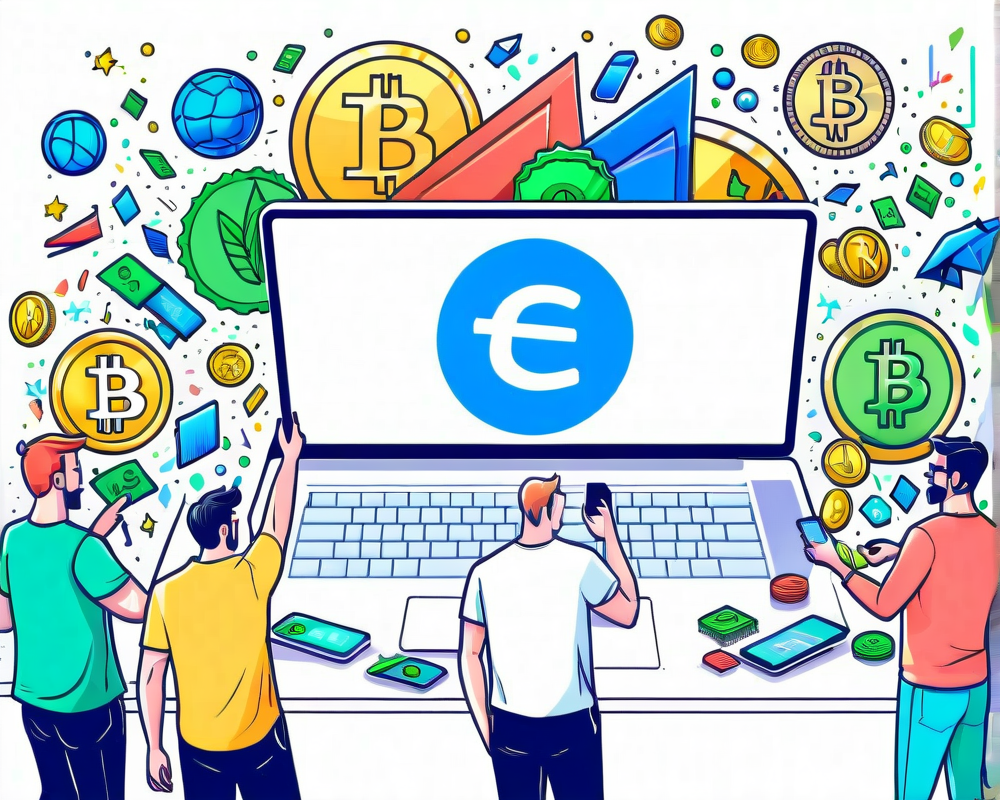Introduction to Blockchain in ERP
These days, enterprise resource planning (ERP) solutions can feel like trying to buy a yacht on a dinghy budget—particularly for smaller companies drowning in overhead costs. Enter a team that’s looking to throw a life raft with a twist: blockchain technology used in decentralized applications (DApps).
The Vision Behind Energy Ledger
In a recent chat with Cointelegraph, William Pete, the mastermind behind Energy Ledger, detailed their mission to democratize the ERP game. According to Pete, the integration of blockchain has allowed them to craft applications that bring clarity to supply chain logistics for everything from the oil fields to your local gas station.
The Floundering Oil Giants
Even the big fish in the oil pond—companies such as major oil producers—have been left flailing, struggling to harness the power of blockchain to resolve internal inefficiencies. “Their internal think-tanks have failed to create a solution,” Pete reported. But no worries! Energy Ledger is here to save the day—or at least improve the situation significantly with their ERP DApp.
How Does It Work?
As Pete points out, during the infamous oil price collapse of 2020, settlement transactions were like a comedy of errors, largely due to supply data discrepancies. Blockchain flexes its real muscle here, allowing companies to trace their supply “down to the molecule”—so no more hiding supply chain skeletons in the closet.
Benefits of Using Blockchain
- Increased Transparency: All players can see where products are at all times.
- Data Integrity: Blockchain tokens hash data, ensuring accountability.
- Cost Efficiency: Pete claims it can slice costs by 99% compared to traditional ERP solutions.
Verifying Data with Tokens
So how do they ensure that everyone is on the same page? By utilizing blockchain tokens, Energy Ledger can verify data integrity. Pete explains they use a token to hash data and check it against PDF files stored in IPFS (InterPlanetary File System)—because nothing says credibility like a digital vault.
Offsetting Emissions in Style
In a twist that’s as trendy as it is environmentally friendly, Energy Ledger offers a way to offset emissions through nonfungible tokens (NFTs). These aren’t just any NFTs; they’re linked to Rainforest Alliance Certified Carbon Offsets. This innovative approach provides a viable route for oil producers to demonstrate sustainability while still giving the finger to carbon footprints.
Looking Back at Walmart’s Blockchain Journey
Walmart isn’t leaning on its giant status alone—back in 2018, they waved the blockchain flag too, partnering with IBM to bolster their supply chain tracking. This initiative resulted in a robust system offering end-to-end traceability, which is so good, even their Canadian branch is getting in on the action.
Conclusion: The Future of Supply Chain Management
As the world of ERP continues to evolve, the intersection between blockchain and decentralized applications offers a beacon of hope for small to mid-sized businesses. With teams like Energy Ledger breaking down the barriers, perhaps we’ll soon find that managing supply chains doesn’t have to come with a lofty price tag or unnecessary complexity.




